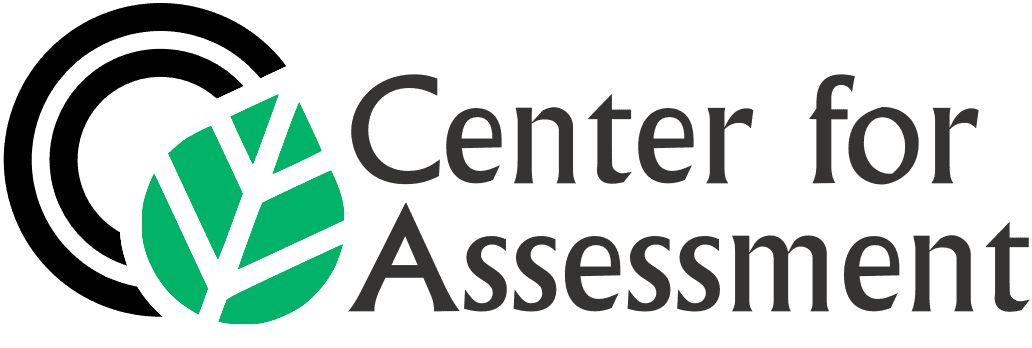DESCRIPTION
As California continues to grapple with high rates of chronic absenteeism, which disproportionately impacts learning outcomes for our youngest learners, several local educational agencies (LEAs) are showing what’s possible through innovative, community-centered approaches. Cypress School District, Kings Canyon Unified School District, and Livingston Union School District have emerged as examples of bright spots in Kindergarten chronic absenteeism, modeling replicable strategies rooted in care, collaboration, and clear communication that result in measurable outcomes.Through the Chronic AbsenteeismBright Spots initiative, CCEE has spotlighted each of these districts via in-depth articles and companion Open Door webinars, providing a window into their systems-level thinking, strategic interventions, and on-the-ground practices that are making a real difference for students and families.
🌟 Meet the Chronic Absenteeism Bright Spots Districts
Cypress School District
📖 Read the Spotlight
🎥 Watch the Open Door Webinar
Cypress School District stands out as a positive outlier, with chronic absence rates far below the state average. Their success stems from a strong foundation of trust and consistency. Through proactive outreach, systematic data practices, and meaningful relationships with families, the district creates a culture where students and parents feel seen, supported, and valued.
Kings Canyon Unified School District
📖 Read the Spotlight
🎥 Watch the Open Door Webinar
Kings Canyon USD emphasizes the power of social-emotional learning and relational trust in building school communities where students want to show up. Their districtwide focus on belonging, inclusion, and family engagement has helped foster authentic partnerships and improved student attendance, especially in underserved communities.
Livingston Union School District
📖 Read the Spotlight
🎥 Watch the Open Door Webinar
Livingston USD approaches chronic absenteeism through the lens of health and wellness. With integrated supports ranging from mental health check-ins to accessible medical guidance, the district supports families in making informed decisions and helps students stay engaged—physically and emotionally—throughout the school year.
💡 Bright Spots, Shared Insights
These three LEAs offer powerful examples of what’s possible when chronic absenteeism is addressed not just as an attendance issue, but as a call to action to better support the whole child and their family. Common themes across the Spotlights include:
- Systemic Leadership & Collaboration
- Use of Real-Time Data to Guide Action
- Prioritizing Student Belonging and Mental Health
- Strengthening Family Trust and Communication
- Clear Health and Attendance Guidance
To explore these takeaways in greater depth, check out the Chronic Absenteeism Bright Spots Factsheet, which distills key conditions and strategies that helped each LEA reduce chronic absenteeism and improve student engagement.
By elevating these stories and making their tools and strategies accessible statewide, the Bright Spots project supports California’s broader commitment to equitable learning opportunities—ensuring that every student is seen, supported, and present.









